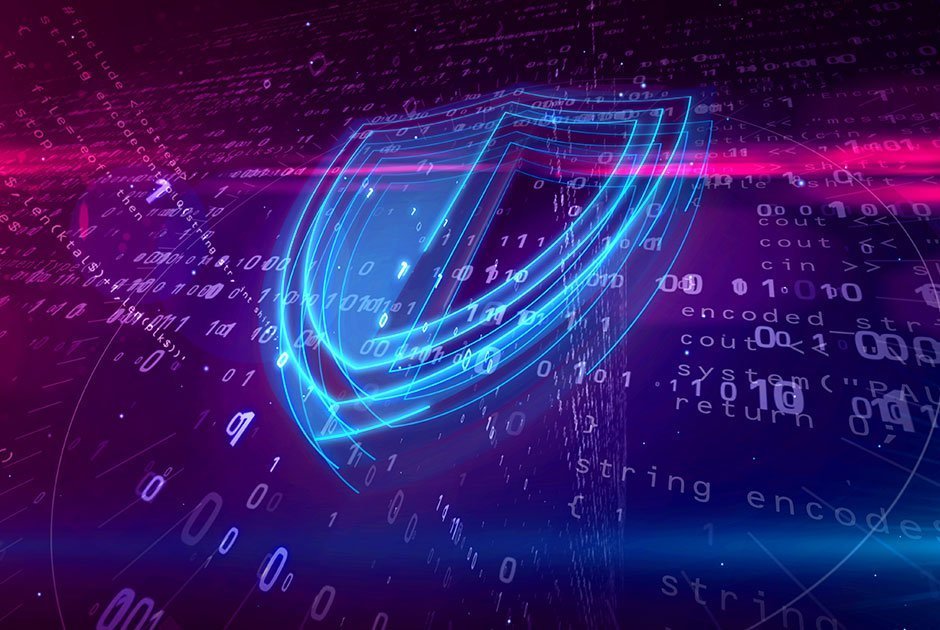Telling it like it is! If you were to run a phishing security test at your company, you would probably be surprised to see how many employees fail to recognize potential threats. This should be a cause for concern for any enterprise as it does not take much more than a single malware-infected email message to jeopardize any company’s business operations. Unfortunately, some still consider malware a minor threat, despite the fact that research by AV-Test, an independent IT security institute, revealed that about 300 thousand different malware programs are created each day to take control of businesses operating all over the world. But that’s not all.

The 2018 Internet Security Report by Kaspersky made it clear that many enterprises do not have the resources, nor the technology to identify cyber threats, let alone eliminate them. When asked why that is the case, the companies respond that they don’t believe they can actually become a target. In their view, they are too out of the mainstream to be considered worthy of taking the risk. Contrary to their arguments, however, cybercriminals do not care about the size or popularity of their prey – as long as there is profit to be made.
This is why it is of utmost importance to establish an effective cyber-security strategy, various digital and non-digital methods of protecting assets, market positions, intellectual property, staff, and customers. And even though it sounds like a difficult task, it requires you to follow a few relatively simple steps.
Building the defenses
As a company that runs its operations globally, you must have your own IT department consisting of highly-experienced professionals – CSOs, security analysts, and engineers. At the same time, you need to be aware of the fact that those specialists, as talented as they probably are, may not be enough to protect you against malicious attacks. Bear in mind that keeping your company’s IT infrastructure safe and sound will be only one of their many labor-intensive duties.
Thus, the next step can be joining forces with an external IT technology provider (See more: https://www.comarch.com/trade-and-services/ict/it-outsourcing-integration/), such as Comarch, for example, that specializes in providing the right people and tools for protecting businesses such as your own. Them being cybersecurity experts, they will also suggest keeping all of your data in one of their data centers – physical facilities used for storing and processing business-critical information. Therefore, having a backup of all of your data in there, you will be sure that even if a security incident happens, causing a major disruption to your global operations, the company will be up and running in no time – without dealing with office downtimes. Being aware of how important data is for today’s business environment (the majority of business operations are data-driven), you cannot take any risks or settle for half measures.
At the same time, it will be for the best if you plan and carry out your projects with security in mind, meaning always taking the perspective of cybercriminals when making any changes to your IT infrastructure – especially if you are working with a technology provider who can provide you with both business and technical support. Besides, keeping your eyes peeled also leads to improving your business efficiency in general. How’s that? Well, usually, when you put an extra effort into looking for vulnerabilities, you find some other elements (often, unrelated to cybersecurity) that require your immediate attention – things that are also critical for your company’s growth. Thus, it is a win-win situation. Don’t believe us? Try it.